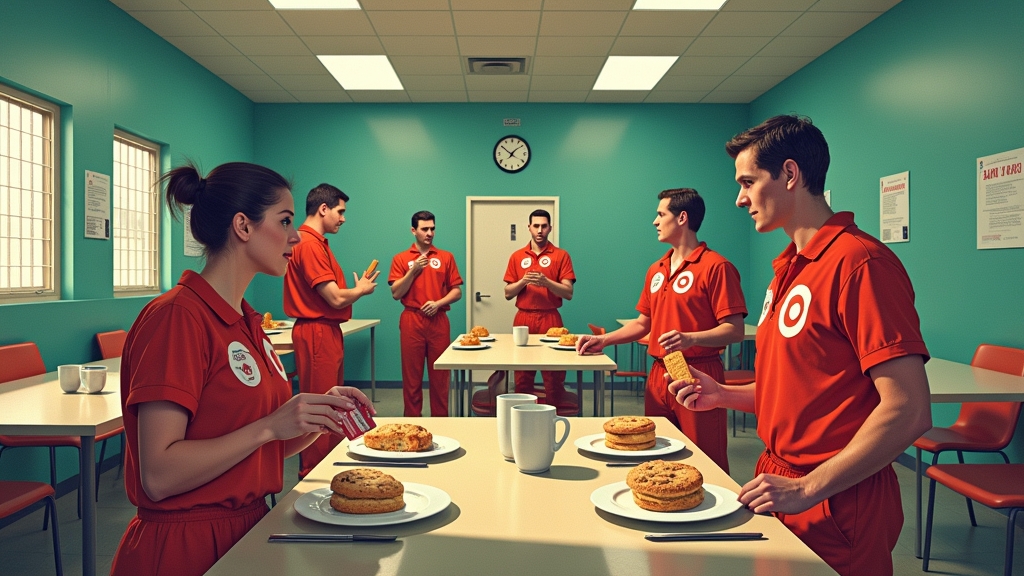Australian Real Estate Industry Shocked to Discover AI Can’t Actually Determine What’s Real
In a groundbreaking revelation that has left absolutely nobody surprised, the Australian real estate industry has been caught with its metaphorical pants down after an LJ Hooker branch accidentally promoted imaginary educational institutions in a property listing. The catastrophe occurred when ChatGPT, an advanced AI language model, invented two entirely fictional schools, thus fulfilling a promise that the house was perfect for families who plan to enroll their children in schools that don’t even exist in this dimension.
Real estate experts, who are clearly not worried about being replaced by robots capable of such feats of imagination, said this gremlin is emblematic of a more extensive issue. “When AI achieves this level of creative writing, it makes you wonder if we have already entered some kind of real estate Twilight Zone,” commented Jim O’Really, a spokesperson for the AI-dependent Realty Association of Stuff for Sale (RAASFS). “Next, they’ll claim a property comes with an ocean view in the middle of the Outback.”
This incident has set the industry alight with burning philosophical debates that usually occur in freshman-year philosophy classes. “Sure, it’s great that algorithms can crunch numbers and make our lives easier,” admitted one overburdened realtor as she wiped imaginary sweat from her brow. “But when they start conjuring educational ghost towns, perhaps we need to ask if they can delineate fiction from reality or if we should just cart them off to Hollywood.”
Panic has set in among house hunters who are now left wondering if AI systems are capable of creating vast fictional landscapes for their future home aspirations. “I asked ChatGPT if the home I was interested in was haunted. It assured me the ghosts only showed up on weekends and were universally polite,” an affected buyer shared. “Now I don’t know whether to take the poltergeist clause in the contract seriously or call an exorcist.”
To reassure the public and keep anxiety from reaching unintended hilarity, real estate companies have promised further scrutiny over AI-generated content. They are also looking into hiring actual humans to proofread listings—an undoubtedly novel concept in this era of techno-faith.
Some enthusiasts even suggest a compromise: encourage AI to specify in their listings that the nearby amenities are ‘aspirational places of learning’—a tip of the hat to motivational language and urban development projects that only exist in our dreams. Meanwhile, a small band of optimists have begun compiling lists of fake schools in anticipation of using these supernatural markers to navigate property landscapes once all hope is lost.
To end on a hopeful note, industry insiders have confirmed that at least for now, your dream house doesn’t come with AI-generated unicorn stables. But then again, there’s always next week’s update.





